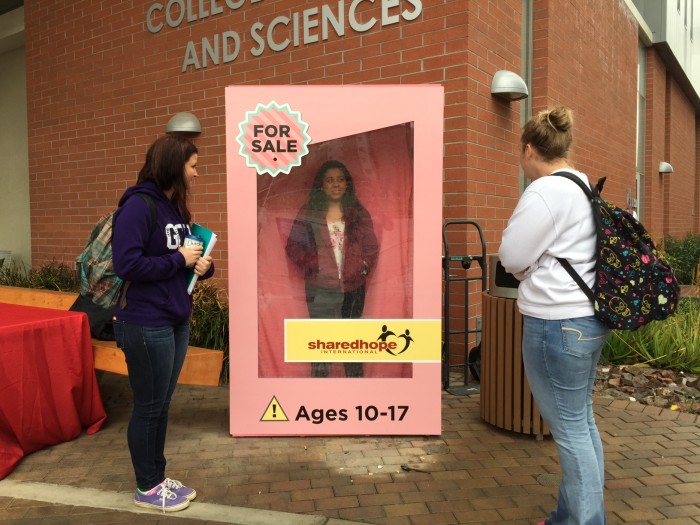By: Heather Sells, CBN News
A national report card that grades states on their anti-trafficking laws shows dramatic progress in the last few years.
Shared Hope International‘s 5th annual Protected Innocence Challenge report card, released Wednesday, reveals that half the states are earning an A or B on their report card, and none are failing.
When the anti-trafficking, non-profit organization, headquartered in Washington, D.C., began grading the states in 2011, it failed 26 states.
Samantha Vardaman, senior director at Shared Hope told CBN News “a lot of that is due to grass roots activities. Public awareness has increased significantly over the years.”
North Dakota and Montana are two bright spots in this year’s report card. In recent years, the booming oil industry has drawn more than 100,000 workers, mainly men, away from home in search of high-paying jobs in the Bakken region, which overlaps with Montana. The surge threatened to fuel an emerging sex industry.
In 2011, Shared Hope failed both states. This year, it gave North Dakota a B and Montana an A for overhauling their laws.
Anti-trafficking laws vary from state to state. The core idea behind Shared Hope’s Protected Innocence Challenge is to penalize traffickers and buyers, identify victims and provide shelter and services for them.
“With improved laws and greater enforcement, buyers and traffickers become aware that this is a much riskier endeavor to engage in and it will deter demand and trafficking,” Vardaman explained.
Shared Hope says there’s still a great need to provide help for victims. It also wants all states to earn A’s and B’s so traffickers will not be able to simply move their operations to the most “trafficking-friendly” states.








